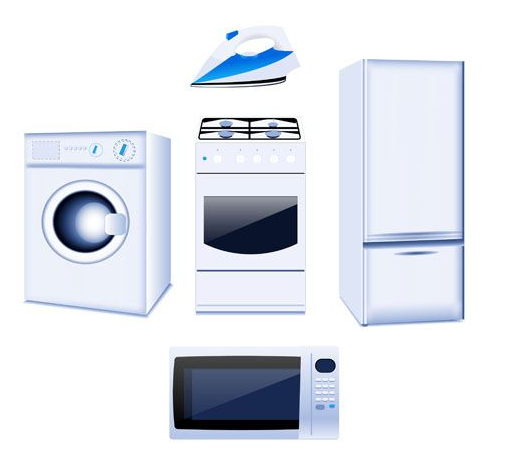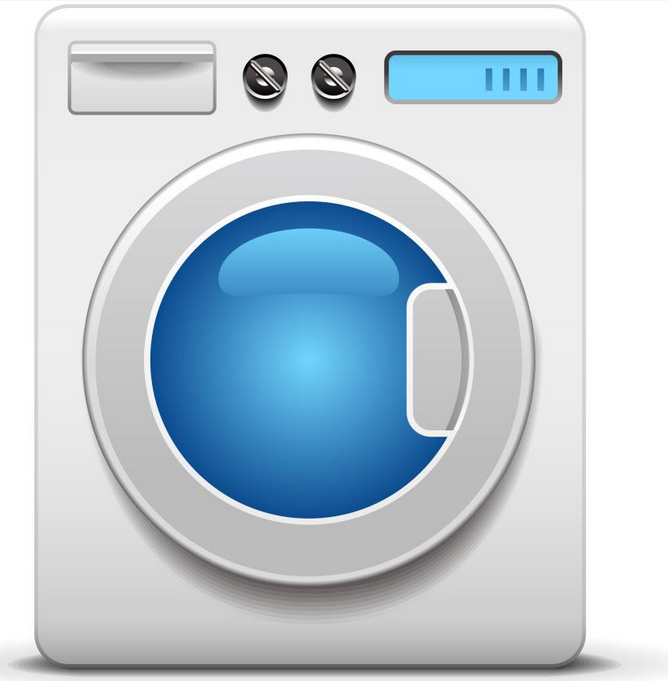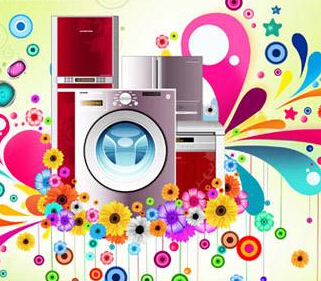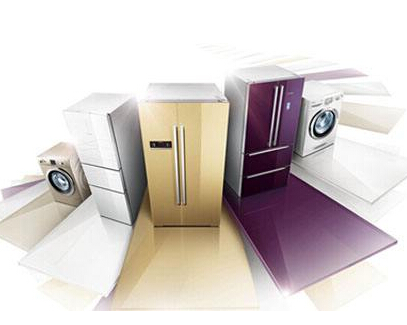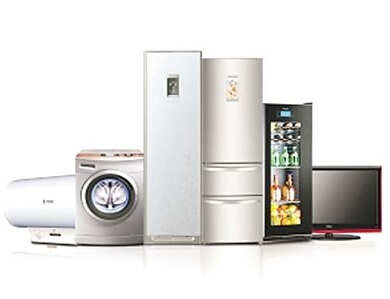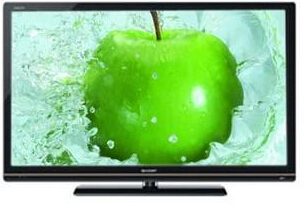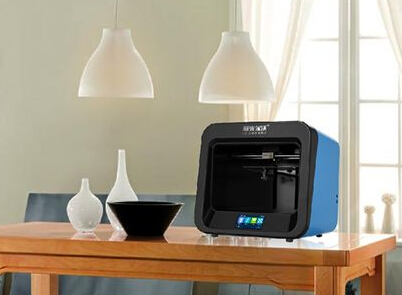No home appliances, no intelligence
Nowadays, almost all home appliance manufacturers regard intelligence as the trend of future development. Whether it is large-sized home appliances or all kinds of novel small appliances, they all hang with intelligence.
Among the categories of smart home appliances, smart TVs have become the leader, and Zhongyi Kang data shows that the penetration rate of China's smart TVs in 2017 reached 87.1%. In addition to some small-sized TVs, almost all TVs are intelligent. However, other categories of smart home appliances are not so lucky. Data shows that the penetration rate of smart refrigerators is less than 20%, and the penetration rate of smart kitchen stoves is less than 5%. The development of smart home appliances is still at an early stage.
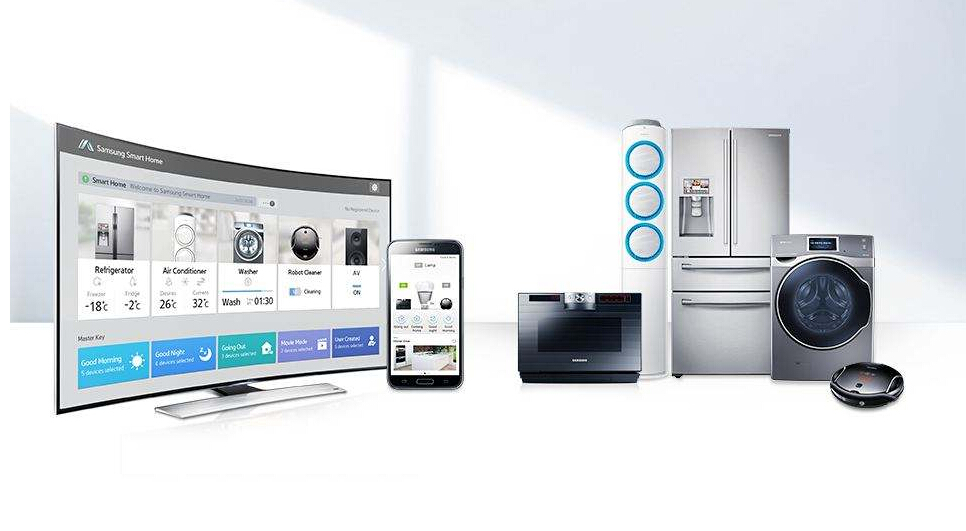
artificial intelligence
Artificial intelligence, which is based on machine learning, can help to implement some scenario applications.
Assume that when you get home from work, when you enter the house, you will feel your body temperature and blood pressure, and understand your heart. When you are in a bad mood, you will play soothing and relaxing music automatically. When you are happy, play it. Dynamic, cheerful music. At that time, home appliances, like your old friends, can see your emotions and sorrows and make different reactions accordingly, combined with big data to achieve true intelligence.
Back to the issue of intelligent standards, we can't deny that stand-alone intelligence, connected intelligence, and artificial intelligence are all forms of intelligence. That is to say, in different stages of intelligent development, intelligence will have different forms of presentation, and we can only give a sense of intelligence at a certain stage.
On this basis, home appliance manufacturers produce smart home appliances according to the achievability of manufacturing indicators and the controllability of the process, and then need consumers to pay for this, so as to judge the usability, and finally know that a smart home appliance is true intelligence. Still pseudo-intelligence.
Smart home appliances at this stage: the focus is on improving core appeals, and intelligence is a plus item
Subject to the low-level conditions of hardware foundation and environment foundation, the current stage of smart home appliances in practical applications, there is a gap between ideal and reality in the user experience, but the development of any thing is not a one-off, in the current situation, although the home appliances Enterprises are intelligently distributed, but the key investment is reflected in the improvement of core functional demands.
For consumers, the essential appeal of home appliances is to help solve problems, and intelligence is only reflected in the improvement of convenience, rather than the improvement of core use value. For example, two washing machines, one is not too clean to wash, but can automatically add laundry detergent, one is cleaner but needs to add laundry detergent, consumers mostly choose the latter, because its core demand is to wash clothes. But when both washing machines are clean, one of them can automatically add laundry detergent and the price is relatively suitable, the consumer's balance may be inclined to this.
Therefore, now home appliance companies are in a two-line layout, one is to bring significant differences to consumers in the core appeal, one is to give consumers a feeling in the intelligence of goods. Of course, there are also small brands, follow-up brand home appliance companies will focus on the intelligentization of goods, in an attempt to win the car through the recognition of the brand's cognitive basis, but the significance is not big, after all, after comparing the core appeals It’s coming.
But in any case, the Internet of Things is the trend of the times and the hearts of the people. Although smart appliances do not make money at this stage, users are not willing to pay for it, but home appliance manufacturers will spare no effort to do it. For home appliance manufacturers, if the intelligent promotion process is not maintained now, when the hardware foundation and environmental foundation of artificial intelligence are reached one day, it will be too late to do it.
All in all, smart home appliances are still in the early stages of connected intelligence. Industry practitioners and consumers should rationally look at the transitional stage of smart home appliances development, with more encouragement and more patience. With the breakthrough of artificial intelligence and machine learning technology and the development of environmental foundation, the future of smart home appliances will surely usher in several iterations and perfection. The ideal will eventually shine into reality, and artificial smart home appliances will be expected in the future.
















 RCCN WeChat QrCode
RCCN WeChat QrCode Mobile WebSite
Mobile WebSite
